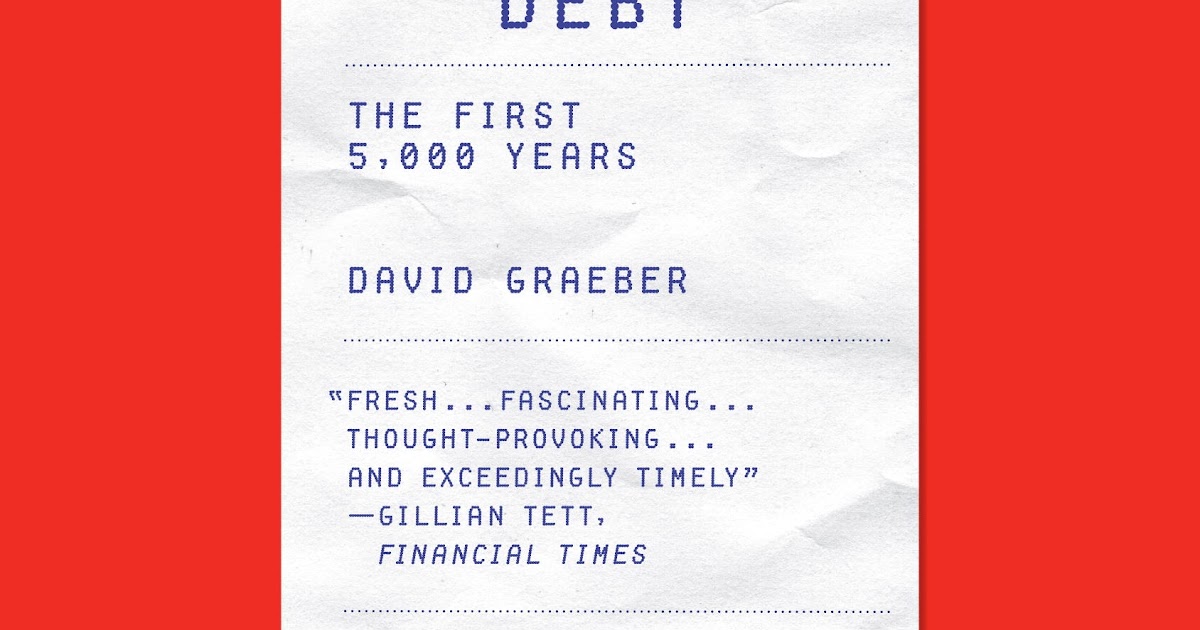
Debt was a bestseller, and Graeber described it as the book “which virtually everyone seems to have read”. Yet the logic is clear: both books are part of his overall project of not only critiquing capitalism, but also questioning how we think about society at large and challenging us to actively change it.įor me, though, his standout book is 2011’s Debt: The First 5,000 Years. At first glance it may seem like Graeber took quite a leap between Direct Action: An Ethnography (2009) and Bullshit Jobs: A Theory (2018). (Graeber has long rejected the label “anarchist anthropologist”.)īut common threads certainly do exist, and you don’t have to dig too deep to find them. As a result, although his books are certainly quotable, it’s difficult to come up with one catchphrase that sums up his life’s work.


Since David Graeber passed away on September 2, obituaries have repeatedly pointed to the unusual breadth in his work.īoth as a scholar and an activist, Graeber refused to stick to one narrow topic, preferring instead to forge his own intellectual path and let his readers do the work of drawing links between his books and actions. The anthropologist’s ideas about finance are just as relevant as everĬapitalism.


 0 kommentar(er)
0 kommentar(er)
